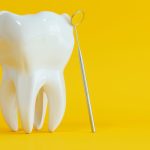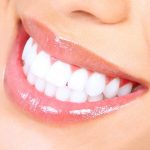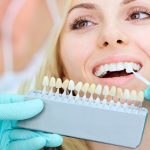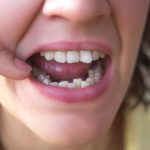Why Do My Teeth Feel Sticky? Common Causes and Tips for a Cleaner Mouth
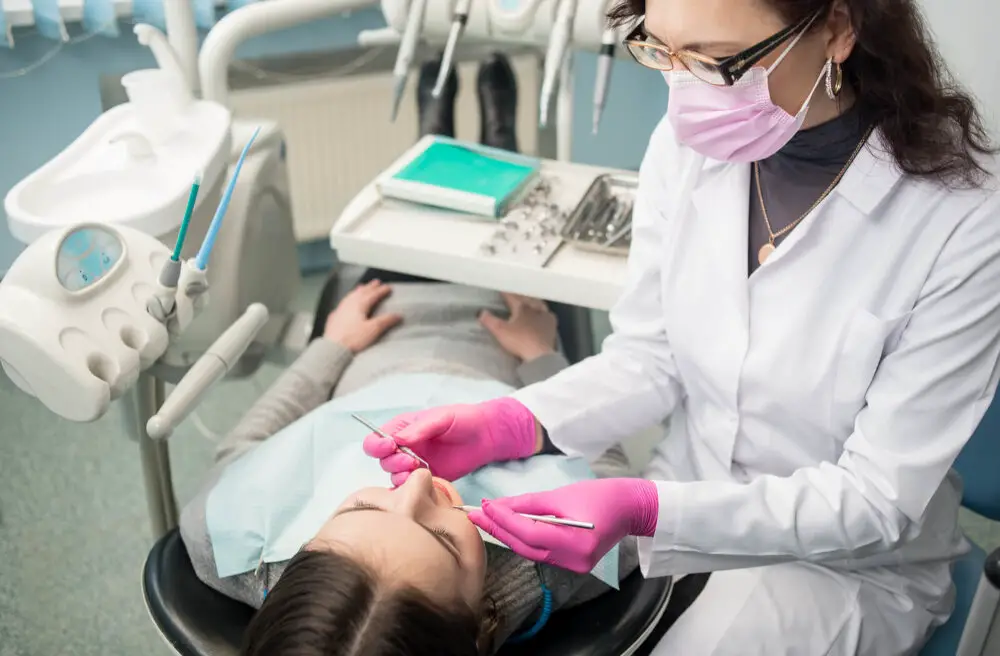
Having a sticky feeling in your mouth is not only uncomfortable, but it can also be a sign of dental problems. It’s a sensation that can occur after eating certain foods or as a result of poor dental hygiene. If you’ve ever experienced this feeling, you know how annoying it can be. But what causes this stickiness in your teeth, and what can you do to prevent it?There are several reasons why your teeth may feel sticky. One of the most common causes is the accumulation of plaque on your teeth. Plaque is a sticky film of bacteria that forms on your teeth, and it can harden into tartar if not removed through regular brushing and flossing. Another cause of sticky teeth is dry mouth, which can occur due to certain medications or medical conditions. When your mouth is dry, there is less saliva to wash away food particles and bacteria, which can lead to a sticky feeling in your mouth. In this article, we will explore the common causes of sticky teeth and provide tips for maintaining a cleaner mouth.
The sensation of sticky teeth can be quite uncomfortable and frustrating. It is typically caused by a buildup of plaque and bacteria on the teeth and gums, which can make the teeth feel rough and sticky to the touch. Poor oral hygiene is often the root cause of this issue, as neglecting to brush and floss regularly can lead to a buildup of bacteria and food particles in the mouth. Other factors that can contribute to sticky teeth include dry mouth, certain medications, and a diet high in sugar and processed foods. To combat this issue, it is important to maintain a consistent oral hygiene routine, including brushing twice a day, flossing daily, and using mouthwash. Additionally, cutting back on sugary and processed foods can help reduce the amount of bacteria in the mouth and promote better overall oral health.
Maintaining oral hygiene is crucial for overall health and well-being. Poor oral hygiene can lead to a buildup of harmful bacteria in the mouth, which can cause gum disease, tooth decay, and bad breath. In addition, poor oral health has been linked to a range of systemic health problems, including heart disease, diabetes, and respiratory infections. To maintain good oral hygiene, it is essential to brush and floss daily, use mouthwash, and visit the dentist regularly for checkups and cleanings. By taking care of your teeth and gums, you can enjoy a healthier mouth and body.
Common Causes of Sticky Teeth
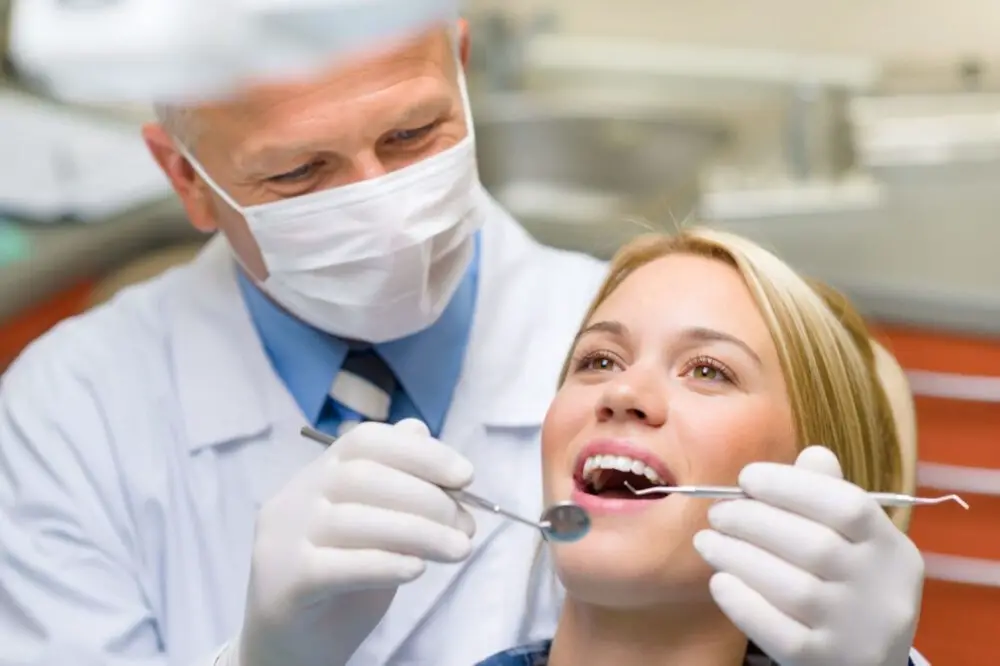
Sticky teeth can be an uncomfortable and frustrating experience, but it is not uncommon. There are several reasons why teeth can feel sticky, and identifying the cause can help you find the best solution. One of the most common causes of sticky teeth is poor oral hygiene. When you do not brush and floss regularly, food particles and plaque can build up on your teeth, creating a sticky sensation. This can also cause bad breath and discoloration of the teeth. To prevent this, it is important to brush your teeth twice a day and floss once a day to remove any buildup. Another common cause of sticky teeth is dry mouth. Saliva plays an important role in washing away food particles and bacteria from your mouth. When you have a dry mouth, this process is hindered, and food particles can stick to your teeth more easily. Dry mouth can be caused by certain medications, medical conditions, or simply not drinking enough water. If you have a dry mouth, it is important to stay hydrated and talk to your dentist or doctor about any medications that may be causing it. They may be able to recommend a saliva substitute or other treatment options to help alleviate the symptoms.
Plaque buildup is a common issue that affects many people’s oral health. This sticky, colorless film is formed by bacteria that accumulate on teeth and gums. Plaque not only causes bad breath and a sticky feeling in the mouth, but it can also lead to tooth decay and gum disease. Poor oral hygiene, a diet high in sugar and starch, and certain medications can all contribute to the buildup of plaque. Regular brushing, flossing, and dental checkups can help prevent plaque buildup and promote a healthier mouth. It’s important to take care of your oral health to avoid more serious problems in the future.
Consuming sugary and acidic foods can have negative effects on your dental health. These types of foods can contribute to the growth of harmful bacteria in your mouth, which can lead to plaque buildup and tooth decay. Sugary foods, in particular, can leave a sticky residue on your teeth, creating an environment where bacteria can thrive. Additionally, acidic foods can erode the enamel on your teeth, making them more vulnerable to decay and sensitivity. To maintain a healthy mouth, it’s important to limit your consumption of sugary and acidic foods and brush and floss regularly to remove any residue that may be left behind.
Dry mouth, also known as xerostomia, is a condition that occurs when there is not enough saliva in the mouth. This can be caused by a variety of factors such as medications, dehydration, smoking, and certain medical conditions. Dry mouth can lead to a sticky feeling in the mouth, as well as bad breath and difficulty chewing and swallowing. It can also increase the risk of tooth decay and gum disease as saliva helps to neutralize acids and flush away food particles and bacteria. To combat dry mouth, it is important to stay hydrated, avoid smoking, and talk to your doctor about any medications that may be causing the condition. Chewing sugar-free gum or sucking on sugar-free candy can also help stimulate saliva production.
Health Risks Associated with Sticky Teeth
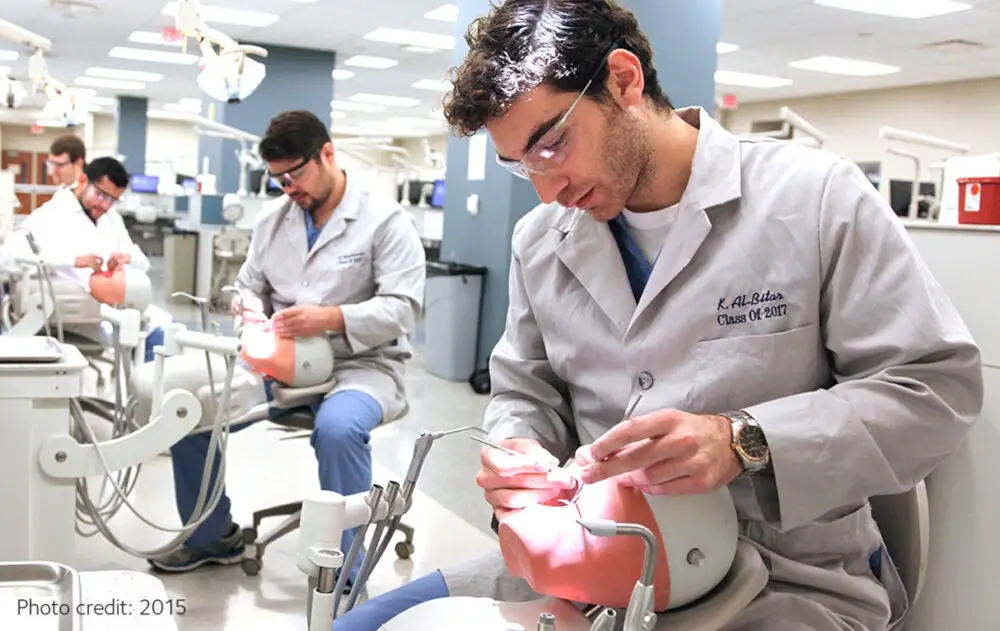
When teeth feel sticky, it can be a sign of poor oral hygiene, which can lead to a variety of health risks. One of the most common risks is gum disease, which is caused by the buildup of plaque and bacteria on the teeth and gums. If left untreated, gum disease can progress to periodontitis, a more severe form of the disease that can cause tooth loss and damage to the bone that supports the teeth. In addition, gum disease has been linked to other health problems such as heart disease, stroke, and diabetes. Another health risk associated with sticky teeth is tooth decay. When plaque and bacteria are allowed to accumulate on the teeth, they produce acid that can erode the enamel and cause cavities. If left untreated, cavities can lead to more serious dental problems such as infections and abscesses. In addition, tooth decay can cause pain and sensitivity, making it difficult to eat and drink comfortably. To prevent tooth decay and gum disease, it’s important to maintain good oral hygiene habits such as brushing twice a day, flossing daily, and visiting the dentist regularly for checkups and cleanings.
Tooth decay and cavities are a common dental problem that affects people of all ages, and it occurs when bacteria in the mouth produce acid that can dissolve the enamel and dentin of the teeth. The main culprit behind tooth decay is poor oral hygiene, where the bacteria in the mouth feed on sugar and produce acid that attacks the teeth. This results in cavities, which are holes in the teeth that can cause pain, sensitivity, and even infection. In order to prevent tooth decay, it is important to maintain good oral hygiene, such as brushing twice a day, flossing regularly, and visiting the dentist for checkups and cleanings.
Gum disease, also known as periodontitis, is a common dental problem that affects the gums and supporting bone structure around the teeth. It is caused by the buildup of plaque, a sticky film of bacteria that forms on the teeth and gumline. If left untreated, gum disease can lead to tooth loss and other serious health complications. Symptoms of gum disease include red, swollen, or bleeding gums, bad breath, and loose teeth. To prevent gum disease, it is important to brush and floss regularly and visit a dentist for regular cleanings and checkups.
Halitosis, commonly known as bad breath, is an unpleasant odor that emanates from the mouth. It can be caused by a variety of factors, including poor oral hygiene, gum disease, and certain foods. The bacteria that reside in the mouth can also cause halitosis. These bacteria produce sulfur compounds that give off an unpleasant smell. In addition to causing embarrassment, halitosis can also be a sign of a more serious health issue. It is important to maintain good oral hygiene, including regular brushing and flossing, to prevent halitosis. Other tips include drinking plenty of water, avoiding tobacco products, and limiting the intake of foods that can contribute to bad breath.
Tips for a Cleaner Mouth
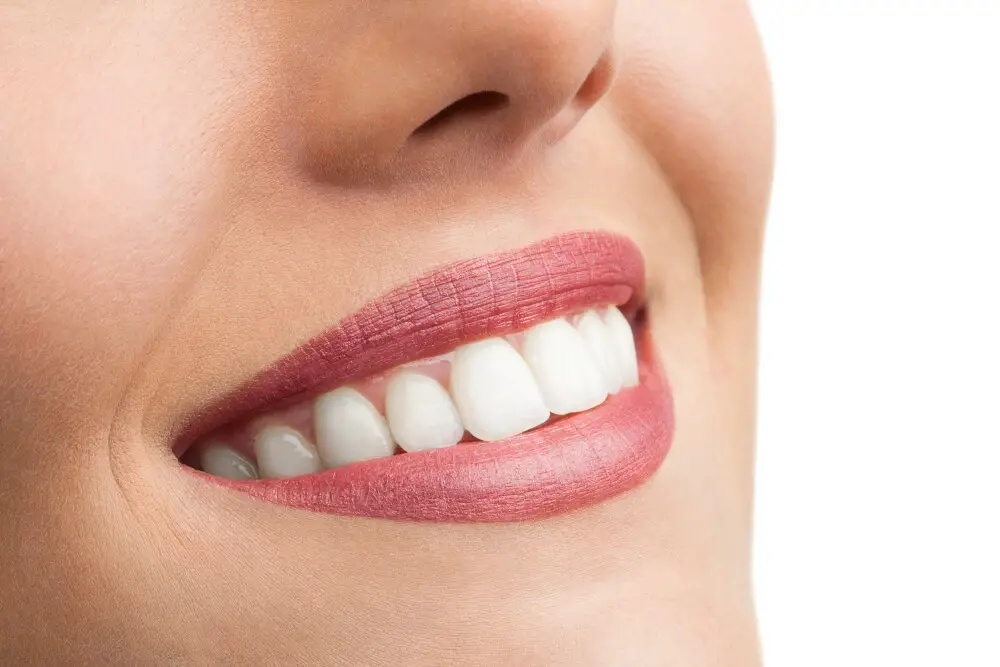
Maintaining a clean mouth is essential for good oral health. Sticky teeth can be an indication of poor oral hygiene, which can lead to tooth decay, gum disease, and other dental problems. Here are some tips for a cleaner mouth:1. Brush your teeth twice a day: Brushing your teeth twice a day, once in the morning and once at night, is essential for removing plaque and bacteria that can cause tooth decay. Use a soft-bristled brush and fluoride toothpaste and brush for at least two minutes.2. Floss daily: Flossing removes food particles and plaque from between teeth and along the gumline. It’s essential to floss at least once a day to keep your mouth clean. If you have trouble flossing, try using a water flosser or interdental brushes. Regular dental check-ups and cleanings are also important for maintaining good oral health. Your dentist can remove any plaque or tartar buildup and check for any dental problems that need to be addressed. By following these tips, you can keep your mouth clean and healthy, and avoid the sticky feeling that can lead to dental problems.
Brushing teeth twice a day is an essential routine in maintaining good oral hygiene. Neglecting this practice can lead to the accumulation of plaque and bacteria, which can cause tooth decay, bad breath, and gum disease. It is recommended to brush your teeth for at least two minutes, using a toothbrush with soft bristles and fluoride toothpaste. Brushing in circular motions and paying attention to all surfaces of the teeth, including the gum line, can effectively remove plaque and food particles. Regular brushing can also help prevent the formation of sticky film on the teeth that can make them feel unpleasant. So, make sure to brush your teeth twice a day to ensure oral health and a cleaner mouth.
Flossing daily is an essential step in maintaining good oral hygiene. It helps to remove food particles and plaque that can get stuck in between teeth, which can lead to bad breath, cavities, and gum disease. When you don’t floss, these particles can accumulate and form a sticky film on your teeth, making them feel unpleasantly sticky. The best way to combat this feeling is to make flossing a daily habit. Use a proper flossing technique to get rid of any remaining debris and bacteria in your mouth. With regular flossing, you’ll notice healthier gums, fresher breath, and teeth that feel smoother and cleaner. So, don’t forget to floss regularly and keep your mouth feeling fresh and healthy.
Mouthwash is a valuable tool in maintaining a clean and healthy mouth. It can help kill bacteria that cause bad breath and prevent the buildup of plaque and tartar on teeth. Mouthwash can also freshen breath and provide a clean feeling in the mouth. There are many types of mouthwashes available, including those that contain fluoride to strengthen teeth and those that are alcohol-free for those with sensitive mouths. Incorporating mouthwash into a daily oral hygiene routine can help improve overall dental health and leave teeth feeling clean and refreshed.
Chewing sugar-free gum is an effective way to keep your mouth feeling fresh and clean throughout the day. Not only does gum stimulate saliva production, which helps to wash away bacteria and food particles, but it also neutralizes the acids in your mouth that can lead to tooth decay. Additionally, the act of chewing gum can help to dislodge any stubborn bits of food that may be stuck between your teeth, making it easier to remove them with brushing or flossing. So next time you’re feeling like your teeth could use a little freshening up, reach for a piece of sugar-free gum and chew away!
One of the most essential things you can do to keep your mouth fresh and clean is to drink plenty of water. Not only does water help to rinse away food particles and bacteria that can lead to plaque buildup, but it also helps to keep your mouth hydrated, which is crucial for producing saliva. Saliva acts as a natural defense against the bacteria that cause tooth decay and gum disease. Additionally, drinking water can help to neutralize the acids that can erode tooth enamel and cause your teeth to feel sticky. So, make sure to drink at least eight glasses of water per day to keep your mouth healthy and your teeth feeling clean and smooth.
When to Seek Professional Help
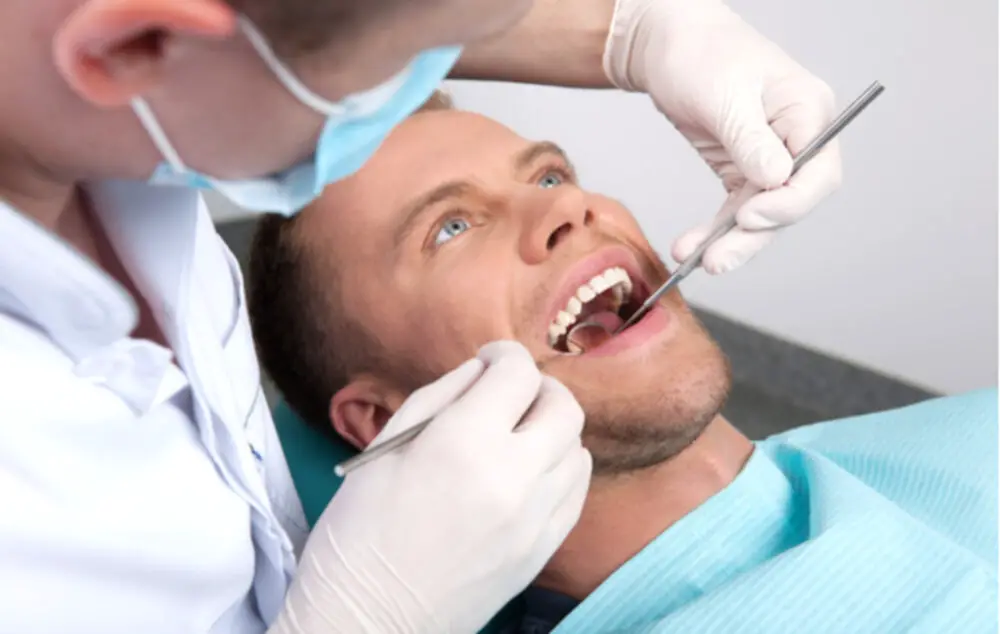
It is crucial to recognize when to seek professional help for your dental health. Even if you practice good oral hygiene, there may be underlying issues that only a dental professional can diagnose and treat. If you experience persistent gum inflammation, bleeding, or pain, it is time to schedule an appointment with your dentist. These symptoms can be signs of more severe dental issues that require immediate attention. Additionally, if you notice changes in the appearance or texture of your teeth, such as discoloration, sensitivity, or stickiness, it is best to consult with a dental professional. These changes could indicate decay or damage that requires prompt treatment to prevent further deterioration. Regular dental check-ups can also help prevent any potential dental issues before they become more severe, allowing for early intervention and treatment. Remember that good oral health is essential for overall health, and seeking professional help when necessary can help you maintain a healthy and beautiful smile for years to come.
Regular dental checkups are an essential part of maintaining good oral hygiene. Many people tend to neglect their dental health and only visit the dentist when they experience pain or discomfort. However, regular checkups can help prevent dental problems from developing and detect any issues early on. During a dental checkup, the dentist will examine your teeth and gums, check for signs of decay or gum disease, and clean your teeth to remove any plaque buildup. They may also provide advice on how to improve your oral hygiene routine and recommend any necessary treatments. By scheduling regular dental checkups, you can keep your teeth and gums healthy and avoid more serious dental problems down the line.
Tooth decay and gum disease are two of the most common dental problems that people encounter. Signs of tooth decay include white, brown, or black spots on the teeth, sensitivity to hot or cold foods and drinks, bad breath, and tooth pain. Gum disease, on the other hand, can cause red, swollen, or bleeding gums, receding gums, loose teeth, and persistent bad breath. If left untreated, both tooth decay and gum disease can lead to serious dental problems, including tooth loss. To prevent these issues, it’s important to practice good oral hygiene habits, such as brushing and flossing regularly and visiting the dentist for regular check-ups and cleanings.
Maintaining good oral hygiene is crucial for overall health and well-being. Poor oral hygiene can lead to a variety of dental problems, such as cavities, gum disease, and bad breath. It can also contribute to more serious health issues, including heart disease and stroke. Regular brushing and flossing are essential for removing plaque and bacteria from the teeth and gums. Along with proper oral hygiene, a healthy diet and lifestyle can also help to maintain strong teeth and gums. By taking care of your oral health, you can prevent dental problems and improve your overall quality of life.
Sticky teeth can be a frustrating and uncomfortable sensation that can be caused by a variety of factors, such as poor dental hygiene, certain medications, and consuming sugary or acidic foods and drinks. To prevent sticky teeth, it is important to maintain good oral hygiene habits such as brushing and flossing regularly, using mouthwash and avoiding sugary or acidic foods and drinks. Additionally, drinking plenty of water and chewing sugar-free gum can help stimulate saliva production, which can neutralize acid and wash away food particles that can cause stickiness. Regular dental check-ups and cleanings can also help keep teeth free of plaque and bacteria that can contribute to a sticky feeling. By following these tips, you can help keep your teeth feeling clean and healthy, and prevent the discomfort of sticky teeth.
It’s essential to seek professional dental help if you’re experiencing sticky teeth, as it could be a sign of a more serious issue. Visiting a dentist can help identify the underlying cause of the stickiness and provide appropriate treatment. Regular dental check-ups and cleanings can also prevent future dental problems. Don’t hesitate to seek professional help when needed, as taking care of your dental health is crucial for your overall well-being. Remember, prevention is always better than cure.
Conclusion
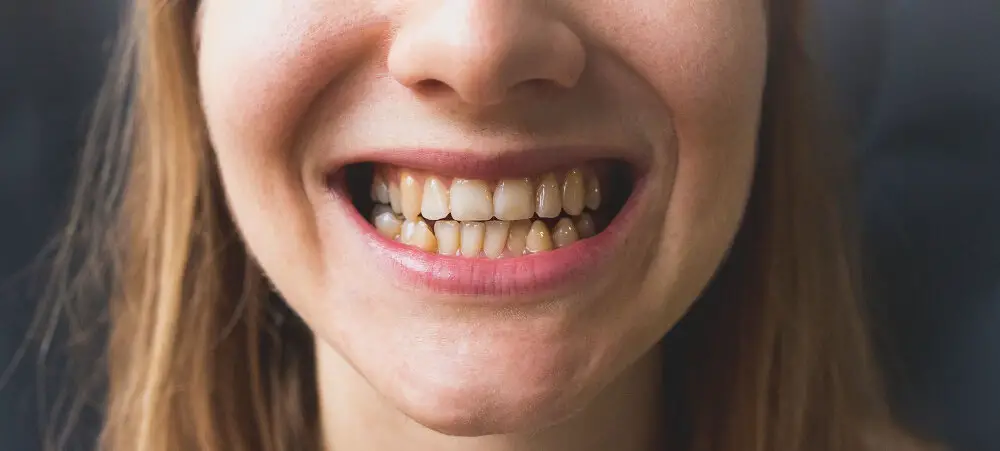
In conclusion, the feeling of stickiness on our teeth can be a common and uncomfortable experience that often results from several reasons. Poor oral hygiene, dry mouth, excessive sugar intake, and certain medications are some of the primary causes of sticky teeth. However, by regularly brushing and flossing our teeth, staying hydrated, and reducing our sugar intake, we can effectively prevent the buildup of plaque and bacteria that lead to this sensation. Additionally, it is crucial to visit a dentist regularly to identify and address any underlying dental issues that could contribute to sticky teeth. By adopting these simple practices, we can maintain a clean and healthy mouth and enjoy the confidence that comes with a bright, sparkling smile.
